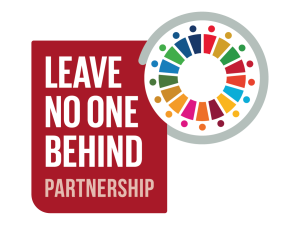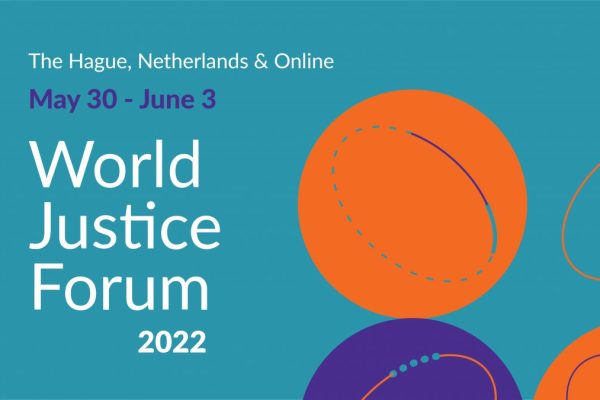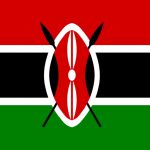Inclusive Data as a Strategic Tool for Building Back Better After the Pandemic.
10 August 2022, by Chandani Lopez Peralta
On July 12, the Centre and LNOB partnership co-hosted an official side event at the 2022 High Level Political Forum together with GIZ and UNSD. Topic was “Inclusive data as a means to build back better after the pandemic.” The event started with a guest input from UNSD and two national case studies from partner countries. The presentations were followed by a panel discussion where global experts discussed about the advantages and limitations of citizen-generated data.
Community-Driven Data as a Tool to Foster Equal Rights and Non-Discrimination
16 June 2022, by Chandani Lopez Peralta
On May 31, the LNOB partnership hosted a successful virtual working session at the 2022 World Justice Forum on community-driven data as a means to foster equal rights and non-discrimination. The session featured speakers from the partnership’s country coalitions in Nepal, Malawi and India. A community representative also shared his perspectives on the added value of inclusive data approaches for his community. The exchange was followed by a panel discussion among global experts on CDD around the theme ‘Equality vs. Equity’.
Listening to Marginalised Women to Get to the Root of India’s Health Crises
9 February 2022, by Davie Malungisa on behalf of the LNOB Coalition in India
The Leave No One Behind India Coalition’s 100 Hotspots project recently conducted community consultations to understand the impact of COVID-19 on five marginalised groups in India.
The findings underscore the need for the Indian government to urgently prioritize the needs of marginalised communities and to follow policy recommendations identified by the communities themselves, in order to leave no one behind in its implementation of the SDGs.
Invisible and Uncounted
15 October 2020, by the Indian National Network of Sex Workers (NNSW)
To protect the rights of those in stigmatized professions, we need data and evidence to articulate our status. Such data and information can only be gathered through members of the community, because none other than us know the kind of challenges we face.











